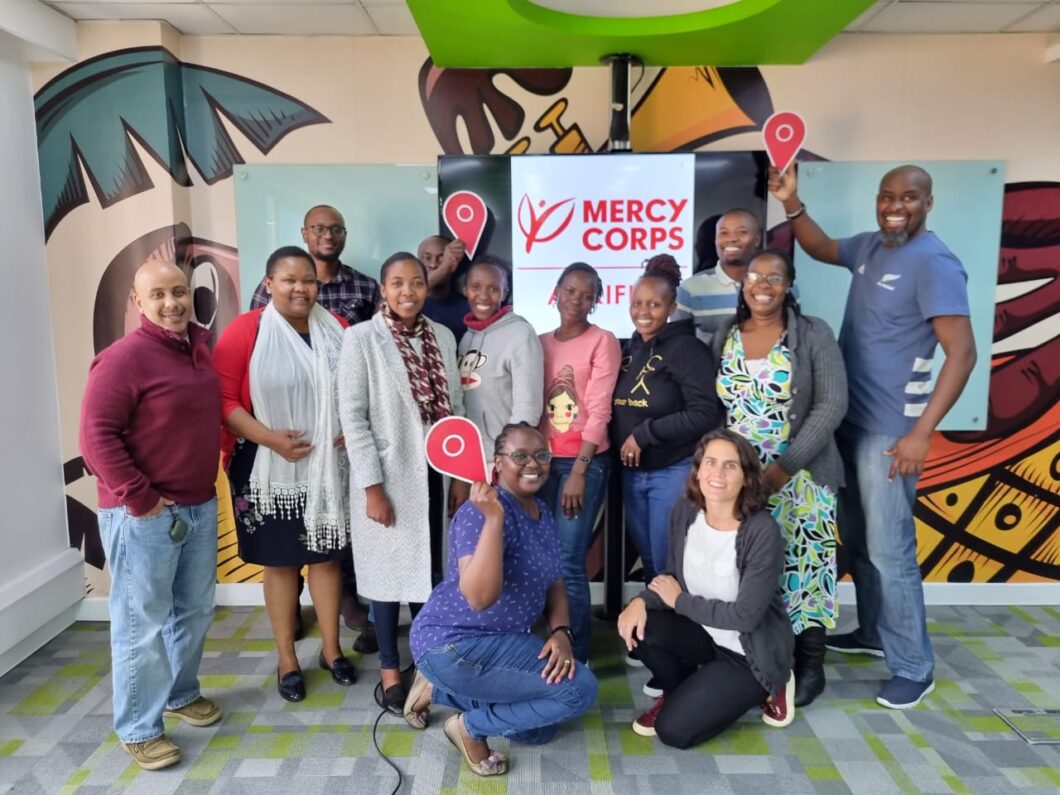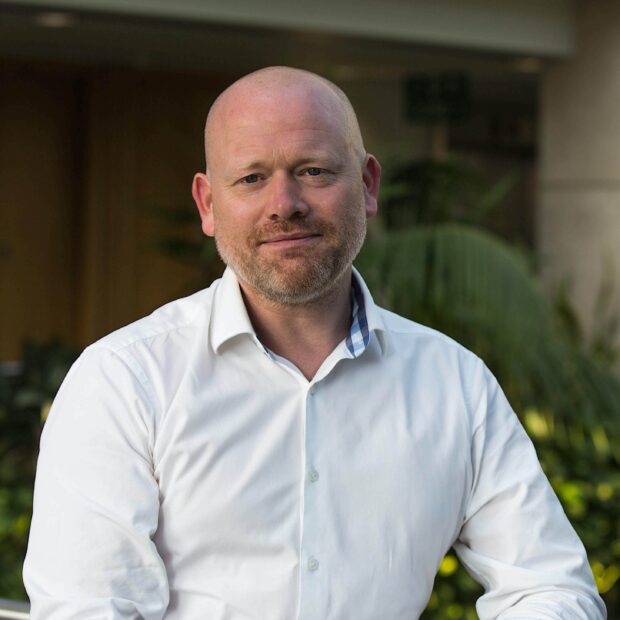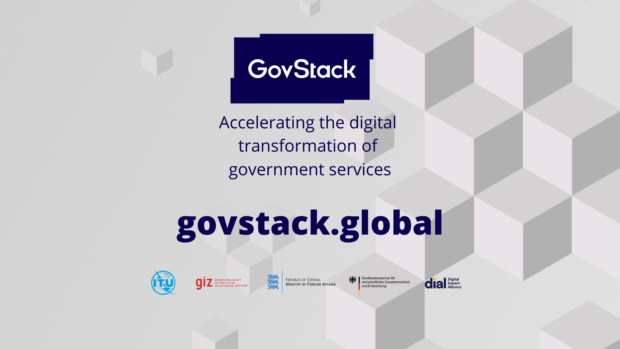
In this edition of our Catalog user spotlight, we are delighted to highlight the work of one of our partners, MercyCorps AgriFin, an organization dedicated to helping smallholder farmers prosper via digital connectivity. AgriFin leverages technology and innovation to develop inclusive digital products and services that smallholder farmers need to increase their productivity, incomes, and resilience.
As DIAL’s Catalog of Digital Solutions has focused efforts over the past year on the Agricultural Development (AgDev) sector, the collaboration with MercyCorps AgriFin was a natural fit. In an effort to reach more people with data, evidence, and tools, both organizations share knowledge and resources around digital technologies for AgDev.
Kassim Zani is the Gender Transformation Program Manager for AgriFin, based in Nairobi, Kenya. He is tasked with ensuring that the outcomes of programs and partnerships are Gender transformative and that all gender-related KPIs for the program are met; specifically, Kassim is focused on this ambitious organizational objective: of the 5 million smallholder farmers AgriFin targets, 2 million of them should be women.
How did you find your way to the work you are currently doing?
While I’ve been on this journey for 10 years, I’ve been with MercyCorps for almost a year now. Most recently I worked at the UN International Labor Organization in Gender, Equality, Diversity, and Inclusion branch.
I come from a marginalized area in a small town called Kwale and I grew up seeing a lot of inequalities and gender imbalances in my community. I decided to get a degree in Social Behavior Change and one of the things that really struck me during my studies was the Gender Perspective, looking at the impact of gender on people’s opportunities and social roles. The different roles ascribed by society to men and women have a massive impact and I came to realize that gender is an integral component of every aspect of the economy and the social and private lives of individuals and society.
Successful implementation of program and project goals of both international and national organizations is directly affected by this impact, and in turn, influences social development.
What is the biggest challenge you face in your role or that your organization at large faces as it pursues its mission?
Not only at Mercy Corps but across my career as a gender expert, the Gender gaps in agriculture persist, particularly in Sub-Saharan Africa. These gaps are driven and worsened by deeply entrenched sociocultural norms and traditional expectations of gender roles.
Limited collection, analysis, and use of gender-disaggregated data largely contribute to the persistence of challenges in understanding gender gaps in agriculture. This often results in a blanket application of interventions in areas such as technology, infrastructure, and market access for both men and women
How do you go about this work of changing perceptions?
Women’s empowerment cannot be achieved without change at a household level, involving all members, young and old, women and men. Through our partners, our approach seeks to change the persistent pattern of gender inequality, particularly among farming families and communities.
We are excited to be developing the Catalog Playbooks as a resource for any organization to be empowered to center gender in their activities. Sixty percent of our partners have used the toolkit in its entirety and 40% have used at least some of the tools.
The results have been transformational. Improving the status of women has led to greater agricultural productivity and the fairer distribution of labor. More work needs to be done but we are hopeful for the future.
Why is gender empowerment specifically important and effective in Agriculture?
Women are key contributors to the agriculture sector globally, comprising of 40% of the labor force. In Africa particularly, women spend approximately 60% of their time on agricultural activities, and more than 60% of working employed women in Sub-Saharan Africa work in agriculture.
However, the agriculture sector has been facing systemic challenges that disproportionately affect female smallholder farmers with women production ranging between 20-30% less than men across Sub-Saharan Africa as specific constraints limit women smallholder farmer competitiveness. Closing gender gaps in agriculture could generate significant gains for the sector, with the potential to increase yield, raise agricultural output, and support food security as well broader socio-economic outcomes for households including increasing women’s share in household income, resulting in improved family health and nutrition.
What role can technology play in tackling these structural issues?
Technology has a major role in farming and agriculture practices; and with the advent of digital technology, the scope has widened. Innovation in agriculture is leading an evolution in agricultural practices, thereby reducing losses and increasing efficiency. This is positively impacting farmers. The use of digital and analytic tools is driving continuous improvement in agriculture, and the trend is here to stay, resulting in improving crop yields and helping to increase the income of the farming community.
Digital solutions provide a key opportunity to revolutionize the livelihoods of farmers by enhancing information access, fostering market linkages and democratizing access to mechanization and logistics.
Now for some fun questions. What is the best book you’ve read recently?
Most recently, I read an interesting book called The Richest Man in Babylon. It’s a book that dispenses financial advice through a collection of parables set in ancient Babylon. Through their experiences in business and managing household finance, the characters in the parables learn simple lessons in financial wisdom.
This is a great read to equip yourself with serious financial knowledge.
If you could be any superhero, who would you be and why?
I’ve always admired Professor Xavier from the X-Men. I mean, he has the power to control people’s minds and change perceptions – that is an astonishing power to have! In my line of work, I could make a lot of progress very quickly if I could more easily change people’s minds.





